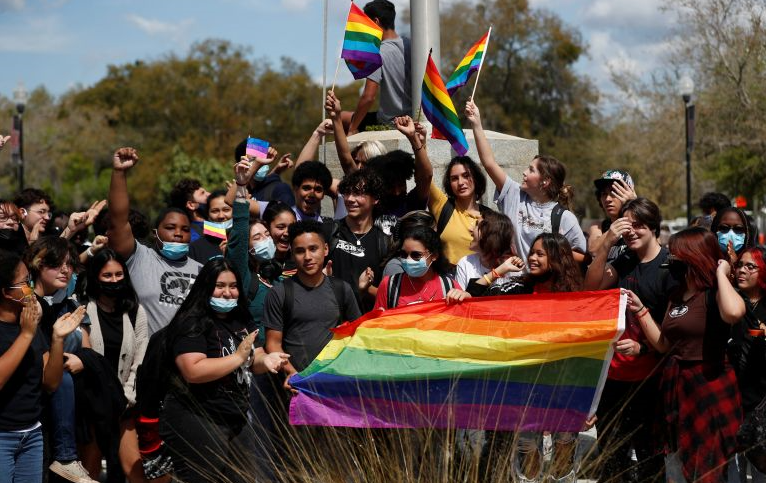This article explores a recent legal battle in Texas between Attorney General Ken Paxton and Annunciation House, a non-profit organization assisting migrants in El Paso. The dispute centers on the Attorney General’s attempt to shut down Annunciation House, accusing them of illegal activity without due process.
A Sharply Worded Decision: Judge Questions Paxton’s Motives
On February 12, 2024, El Paso County District Judge Francisco X. Dominguez issued a ruling critical of the Attorney General’s tactics. The judge highlighted concerns about:
- Lack of Due Process: The Attorney General’s office issued an administrative subpoena demanding extensive documentation within an unreasonable timeframe, bypassing standard discovery procedures.
- Questionable Motives: Judge Dominguez expressed doubts about the true purpose behind the investigation, suggesting it aimed to hinder Annunciation House’s humanitarian work rather than investigate genuine legal violations.
The Escalating Dispute: From Subpoena to Revocation Attempts
The conflict began in February 2024 when the Attorney General’s office served Annunciation House with a subpoena demanding a vast amount of documentation within one day. The subpoena lacked specifics on which laws the organization allegedly violated.
- Annunciation House Requests Extension: Fearing an unreasonable burden, the non-profit requested a 30-day extension to compile the requested documents.
- State Denies Extension and Attempts Revocation: The Attorney General’s office deemed the request noncompliant and attempted to revoke Annunciation House’s registration to operate in Texas.
Annunciation House Fights Back: Protecting Services and Reputation
Facing potential closure, Annunciation House took legal action:
- Temporary Restraining Order: The organization secured a temporary restraining order to prevent the state from immediately seizing their records.
- Defense Against Allegations: Annunciation House refuted accusations of wrongdoing, emphasizing their 46-year history of providing vital services to migrants.
The Underlying Tensions: Immigration Policy and Humanitarian Aid
The legal battle reflects broader tensions within Texas regarding immigration policy and the role of non-profit organizations:
- Attorney General’s Claims: The Attorney General accused Annunciation House of “alien harboring,” “human smuggling,” and operating a “stash house.” These accusations were based partly on an article where the non-profit described transporting migrants seeking asylum and offering them shelter.
- Annunciation House’s Defense: The organization countered that their services are legal and crucial for El Paso. They highlighted their role in assisting migrants, including asylum seekers, and providing basic necessities such as food and shelter.
A Battle of Narratives: Due Process vs. National Security Concerns
The Attorney General’s actions raise questions about the balance between national security concerns and due process:
- Security Concerns: The Attorney General may have been motivated by anxieties about illegal immigration and potential national security threats.
- Due Process Concerns: Critics argue that the Attorney General bypassed established legal procedures, potentially setting a dangerous precedent.
The Path Forward: Litigation and Uncertain Outcome
Judge Dominguez’s ruling requires both parties to follow established legal procedures for discovery and litigation. The final outcome remains to be determined:
- Potential for Further Legal Action: Both the Attorney General and Annunciation House have the opportunity to present evidence and arguments in court.
- Uncertain Impact on Migrant Aid: The legal battle could have a significant impact on Annunciation House’s ability to provide services to migrants in El Paso.




